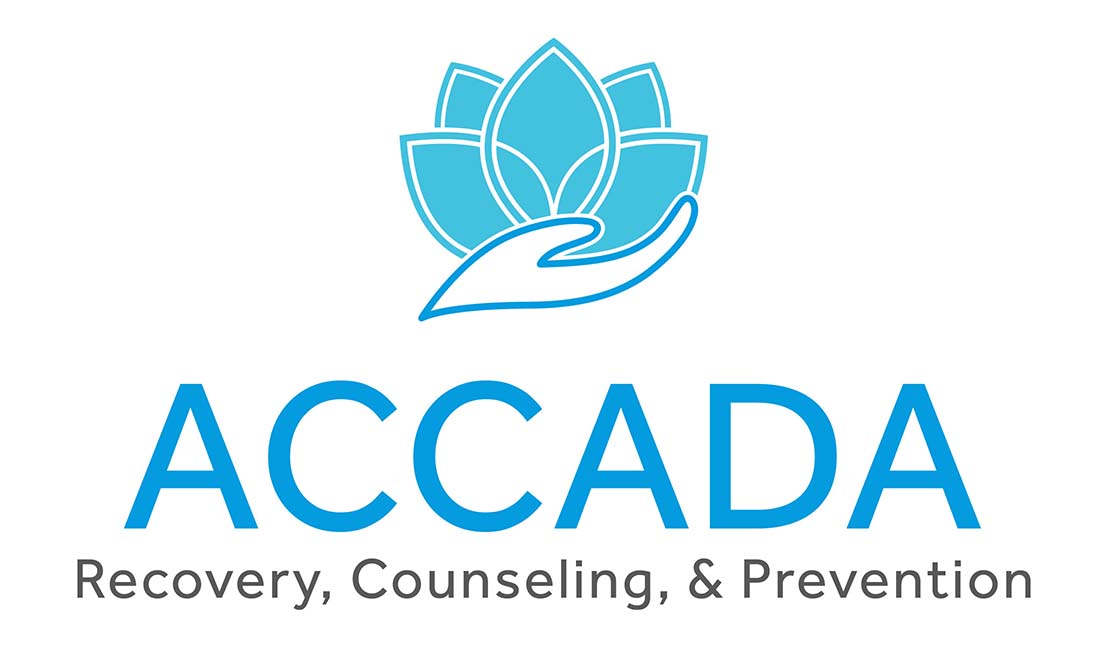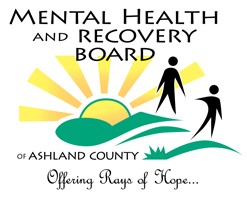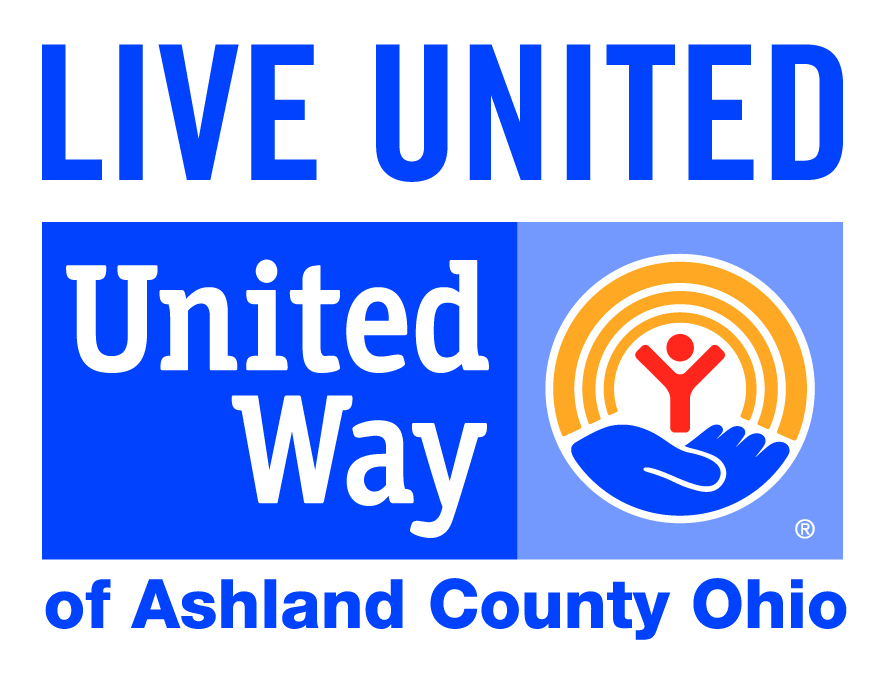Alcohol and Drug Prevention at A.C.C.A.D.A.
Guest Column: A.C.C.A.D.A. Alcohol/Drug Prevention Kris Hickey has worked as a prevention educator in Ashland County for 27 years. She is employed at A.C.C.A.D.A. and is a State Certified Prevention Consultant.
Almost everyone today knows someone directly or indirectly that has been affected by the opiate crisis in our country. Families, communities, schools religious organizations and the government are all scrambling to try and find a solution to this ever growing issue. The Ashland County Council on Alcoholism and Drug Abuse, Inc. (A.C.C.A.D.A.) believes that prevention works. A.C.C.A.D.A. has been providing various prevention programs to area schools and organizations for over 30 years.
Currently, A.C.C.A.D.A.’s main prevention program targets kindergarten through high school students. The program is called Too Good For Drugs! (TGFD) The program is a 10 week, comprehensive, evidence based program provided by the Mendez Foundation. TGFD is designed to build skills such as decision making, coping skills and assertive communication styles along with understanding peer pressure and practicing refusal strategies. It reinforces resiliency and emphasizes positive attitudes and healthy choices as the norm. Students are taught how to determine if a friend is a going to be a positive or negative influence on their lives and how to deal with that issue. The program, depending on the age of the participant, also addresses social, emotional and physical effects of tobacco, alcohol, marijuana, street drugs, over the counter and prescription medications. By the time a student reaches 8th grade, they will have a basic working knowledge of the harmful effects of all of these drugs. The program emphasizes avoiding drug use and other risky behaviors.
Many people believe that showing disturbing pictures of the effects of drug use is an effective prevention program. However, it has been proven repeatedly that scare tactics do not prevent adolescents from engaging in risky behaviors. Adolescents believe they are invincible and nothing bad will happen to them. They are also quick to recognize scare tactics and discount them. The TGFD program impresses upon students that most people do not use drugs and looks at the social consequences of deciding to use drugs. Having students consider that their actions will affect their siblings, parents, classmates, community and friends has more of an impact on decision making than scare tactics. Too Good For Drugs does a good job at examining those social consequences.
TGFD believes strongly that having positive role models in children’s lives is a major component to combating the drug problem. When kids can recognize and value how they are connected to adults in their communities and families, they are healthier in general. Children need to feel like they are a part of something. This could be involvement in families, 4H, sports, band, church, civic organizations etc. Being made to feel important and worthwhile strengthens protective factors that help guard against poor choices leading to drug use. When kids go through the Too Good For Drugs program, they learn about the importance of being connected to others.
You may be wondering how you begin drug prevention in kindergarten? Certainly, you wouldn’t want to discuss the effects of heroin on a developing brain with 5 year olds. Rather, discussing staying healthy, exercising, eating healthy, getting enough rest, dealing with feelings and friendship skills are the main focus of the program at this age. In 3rd grade we begin to discuss Tobacco, Alcohol and Marijuana. By 5th grade the program is discussing different categories of drugs like depressants, stimulants, hallucinogens and Prescription Drug use, misuse and addiction.. At the middle school level the program gets more into social consequences and physical consequences of drug use. Peer pressure refusal strategies are incorporated at all levels.
Ideally, the TGFD program is designed to grow with a student as they move through school. Several districts do this quite well. Crestview and Hillsdale have almost every grade level K-8 receiving the TGFD program. That means that all the students in those districts are receiving 10 weeks every year of drug prevention education. Comprehensive repeated exposure to evidence based knowledge about alcohol and drugs is a great start to combating the opiate problem that we are experiencing.
Other Districts in our area are following suit. Reagan Elementary has implemented the program in all of their classes this year as did Taft Intermediate. We hope to expand the program and fill gaps in other schools. Ashland Middle School also has had classes of TGFD running this school year. Mapleton is doing the program in kindergarten, 7th and 8th grades. Loudonville schools have implemented the program in kindergarten, 2nd and 4th grades. We would like to see the TGFDs program in every classroom K-8 in Ashland County.
Classroom time is precious. State mandates and standardized testing has made it so that prevention programming has to compete against other required educational activities. However, in light of the enormity of this issue, we have to make time. We need, as a community, to realize that prevention works and it is a good starting point to combat this problem. Involving families, schools and churches will only make the message stronger. Together, with A.C.C.A.D.A., the schools, the community and families we can make a difference by giving kids the skills that they need to be successful, drug free, productive and healthy human beings. Please continue to support prevention efforts in your local schools. We also thank all the principals and teachers who have recognized the need for this kind of programming and welcomed us into their classrooms.
The Mental Health and Recovery Board of Ashland County has supported and funded the A.C.C.A.D.A. prevention effort for the last 28 years and continues to encourage further development of alcohol/drug prevention in Ashland County.
« Back to Blog


